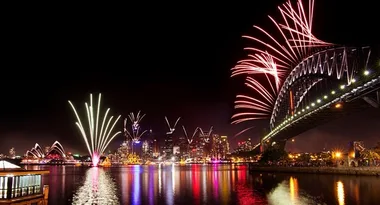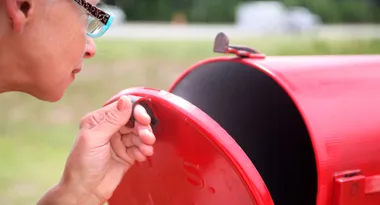The Indigenous Voice to Parliament will mark Australia’s first referendum in almost 25 years.
But what is The Voice exactly?
And how will it accurately reflect the needs and interests of Aboriginal and Torres Strait Islander communities across our nation?
WATCH NOW: Prime Minister Anthony Albanese discusses the Voice to Parliament. Article continues after video.
Prime Minister Anthony Albanese is a firm believer in his potential to do good, describing The Voice as “an unflinching source of advice, accountability, not a third chamber, not a rolling veto, not a blank cheque, but a body with the perspective and the power and the platform to tell the government and the parliament the truth about what is working and what is not.”
Indigenous Affairs Minister and Wiradjuri woman Linda Burney shares in this sentiment, confirming to the general public that “rigorous” and “comprehensive” work had been undertaken to ensure The Voice would work.
“Australians can be confident that the work has been done to ensure this is a Voice that works.”
“A Voice that will make a practical difference. A Voice that will work for you.”
Scroll on for everything you need to know about the proposed Indigenous Voice to Parliament.
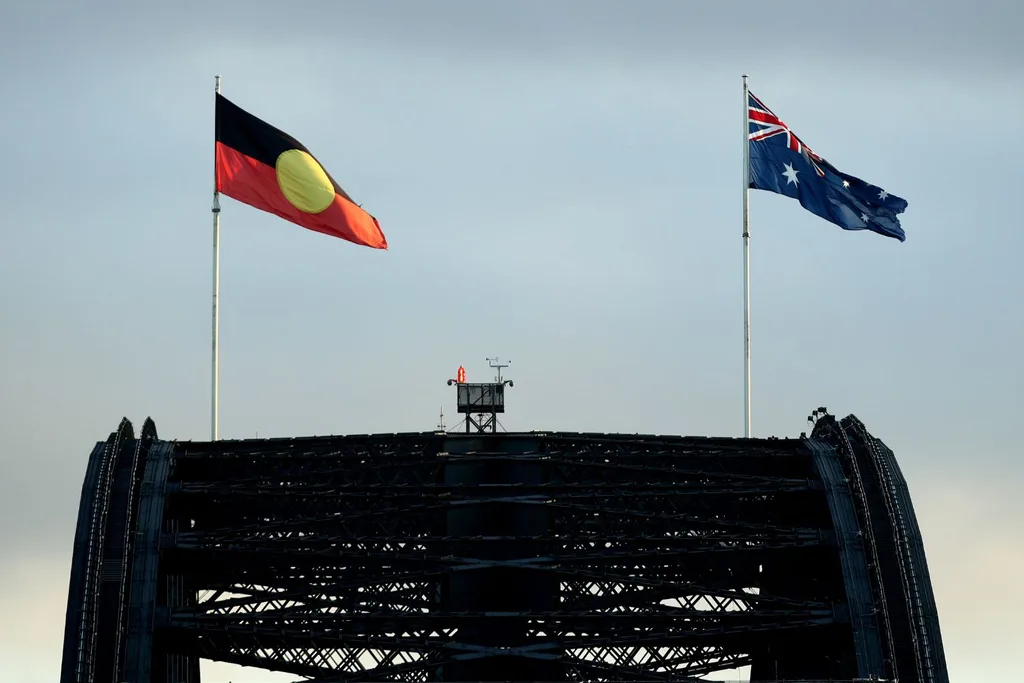
What will the purpose of the Indigenous Voice to Parliament be?
The Voice to Parliament would function as a representative federal advisory body for Aboriginal and Torres Strait Islander Australians.
This body would actively provide counsel and advice to the Parliament and Government on laws and policies being debated within the government that directly impact Aboriginal and Torres Strait Islander communities.
Why do advocates believe The Voice to Parliament is important?
If The Voice becomes a reality, it would provide Aboriginal and Torres Strait Islander communities a means of directly informing and influencing the policy and legal decisions that impact their everyday lives.
It is important to note that The Voice will not have the power to veto any legislation passed into law by parliament.
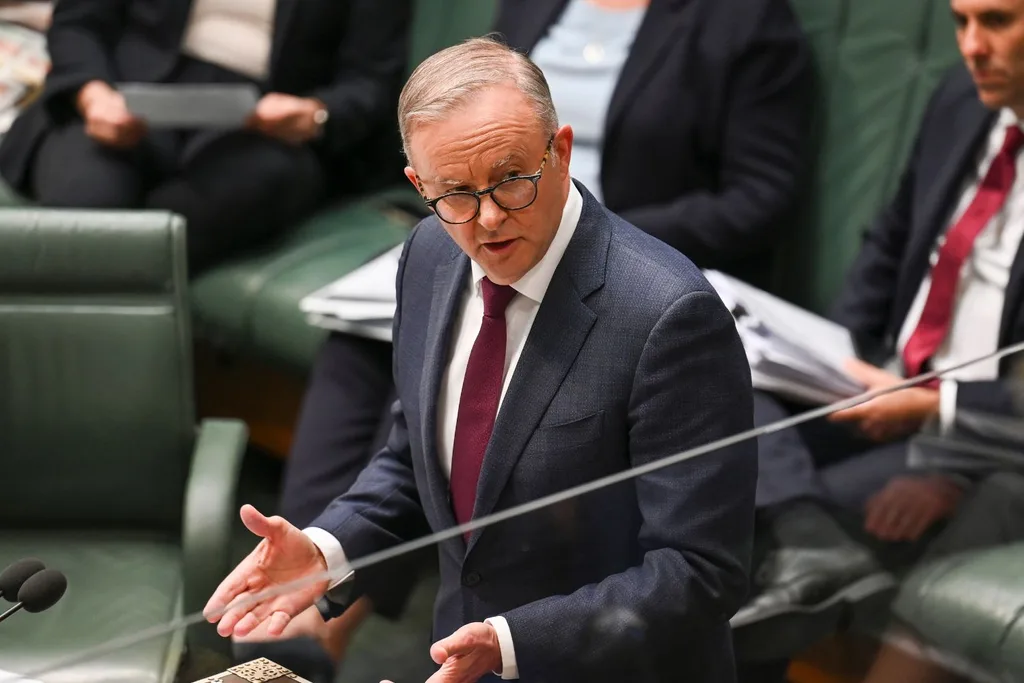
What will The Voice to Parliament consist of?
The national group will consist of 20 yet-to-be-determined individuals from Aboriginal and Torres Strait Islander communities who would consist of a balance of ages, genders, and locations.
It is important to note that whilst the group will have input into government proceedings, only elected members of government have the power to make any changes to legislation.
Will there be a referendum for Indigenous Voice to Parliament?
Yes, there will be a national referendum held on Saturday October 14, 2023.
It will be the first referendum since 1999 when voters choose to remain part of the Commonwealth, and not become a republic.
The referendum will ask Australians if they want to enshrine the Voice into our constitution, however, the exact wording has not yet been finalised.
Announcing the referendum date, Prime Minister Anthony Albanese delivered a rousing speech in support of The Voice.
“The idea for a voice came from the people and it will be decided by the people,” the PM said.
“You are not being asked to vote for a political party, or for a person. You’re being asked to vote for an idea. To say yes to an idea whose time has come.”
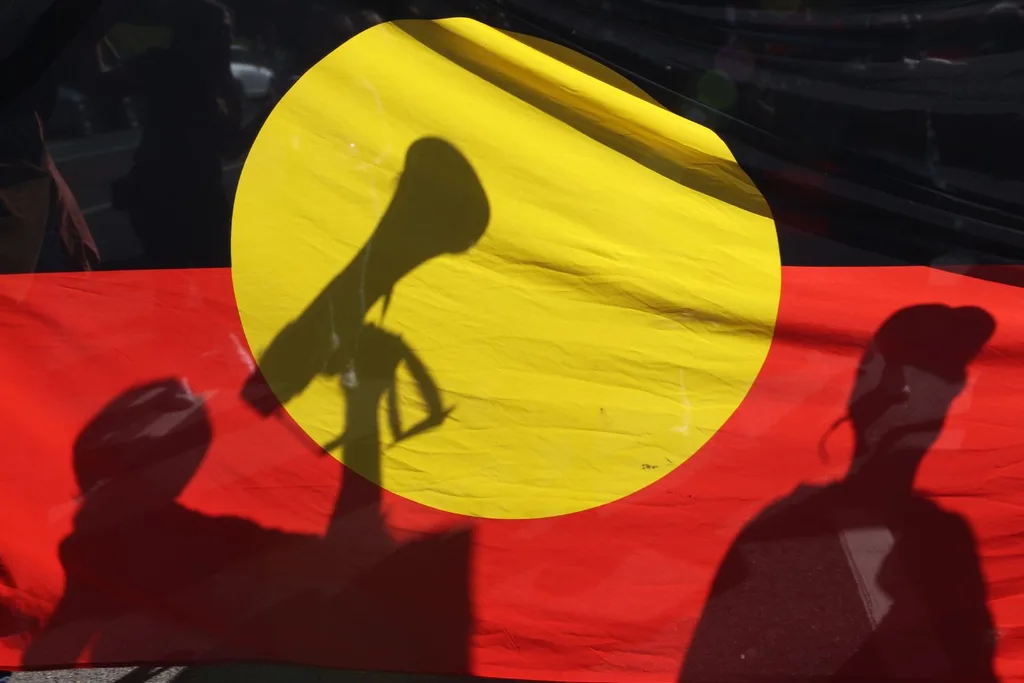
Why is a referendum being held?
A national referendum is the only means of amending the Australian constitution.
The constitution has only been amended eight times since 1901, the year that Australia became a Federation.
Why do advocates of The Voice want it enshrined in the Constitution?
Several federal bodies that advocated on behalf of Aboriginal and Torres Strait Islanders have folded amidst changes in Federal government leadership and through a repealing of legislation.
By enshrining The Voice in the constitution The Voice would be protected, and therefore less vulnerable to future governments.

